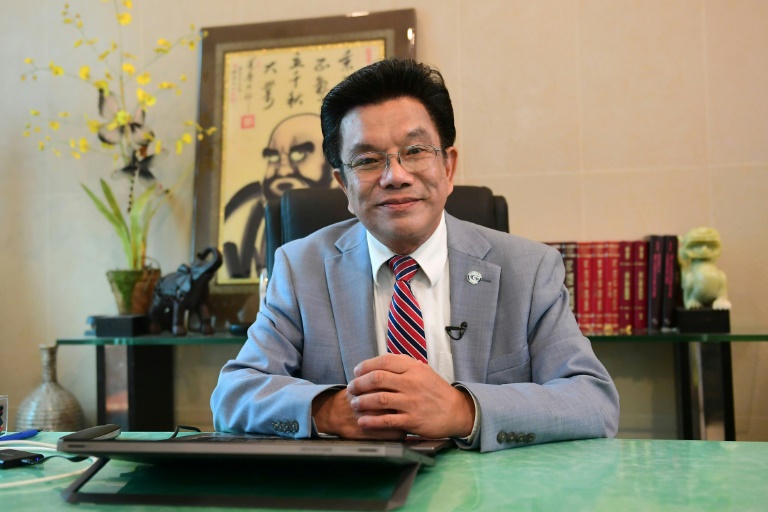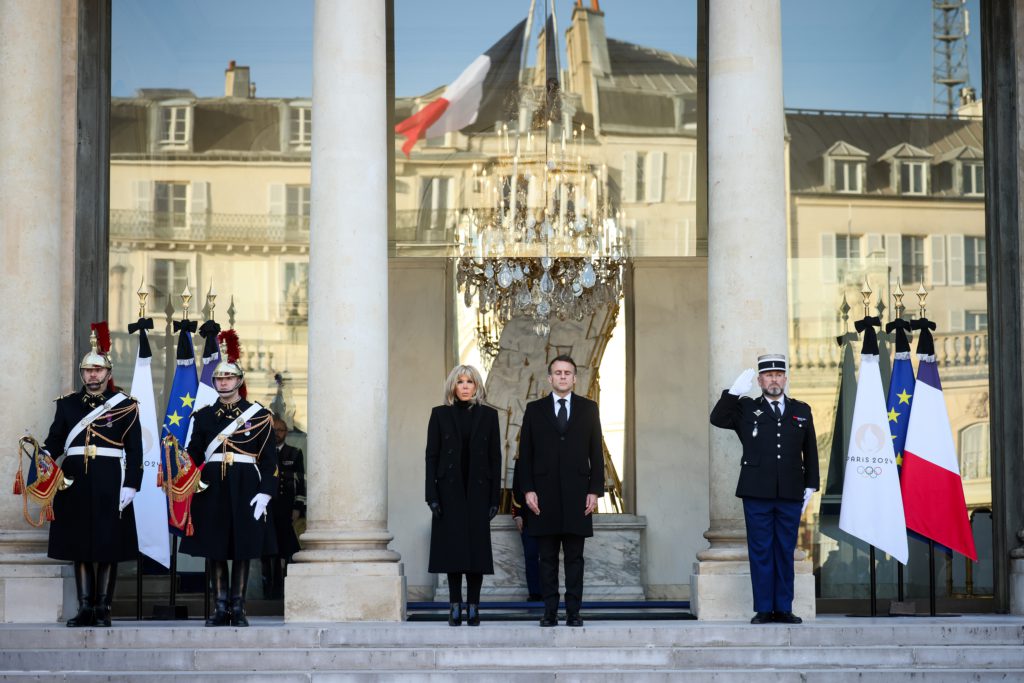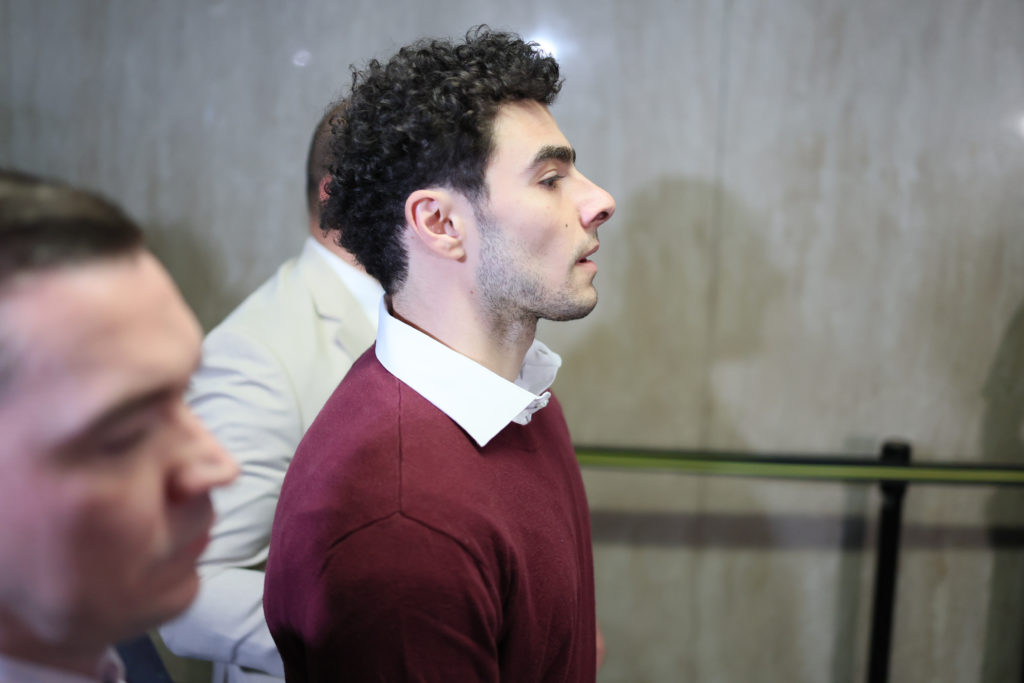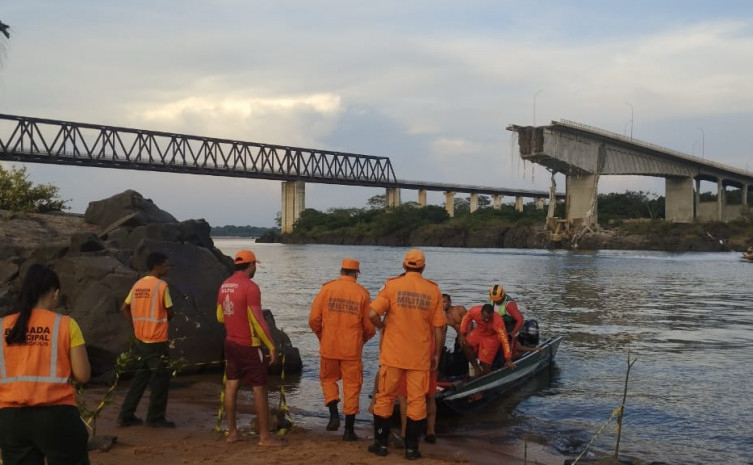News footage of thousands of Afghans desperate to leave their country as it is overrun by the Taliban evokes painful memories for Phat Bui, who remembers the horror of his 1975 flight from Saigon.
Bui and his family — parents and eight siblings — fled the advancing Vietcong with just two changes of clothes.
“When I escaped Vietnam, I was about 17 years old, my parents and my brothers were so scared. I was scared too,” he told AFP from a suburb of Los Angeles where he now lives.
“And Saigon, back then was completely chaotic. So I can relate to that. I know that they all are scared and frightened for their life and for their future. And so inside me, there’s a deep empathy towards them
“This brings back a lot of pain for the Vietnamese.”
– Little Saigon –
A frantic airlift is under way in Kabul, as the United States and other NATO ally troops scramble to get tens of thousands of Afghans out of the country before a self-imposed August 31 deadline.
Twenty years since the US-led invasion of Afghanistan toppled the Taliban, the Islamists’ swiftly took control of the country once foreign troops pulled back.
The US-funded Afghan army crumbled in the face of the onslaught, and the government collapsed.
There are now widespread fears that the Taliban will reimpose the harsh version of sharia law implemented when they were first in power from 1996-2001, including stripping women of their freedoms and imposing harsh penalties on anyone deemed to have run afoul of their ultra-strict interpretation of Islam.
Bui, now 62, has built a successful life in California, where he lives in an area dubbed “Little Saigon,” home to around 200,000 Vietnamese-Americans.
“Every day I get about 500 emails commenting on what’s going on in Afghanistan, talking about how what they see brings back the pain and suffering of what they endured in Vietnam,” says Bui, who chairs the Vietnamese-American Federation of Southern California.
“It was very hard for us,” he recounts as he shows the only two photos he has of his childhood in Vietnam. “We lost everything.”
The family’s escape took weeks. They flew initially to a small island where they stayed until nationalist forces took control of Saigon — now Ho Chi Minh City — on April 30.
There followed a number of long boat journeys before they were finally transferred to a refugee camp in the United States.
– ‘We owe it to them’ –
The humiliation inflicted on a global superpower by the Taliban has echoes of the war in Vietnam, where the United States became bogged down for years in an unpopular conflict.
There, the US military and its southern Vietnamese allies were beaten by an insurgent communist north, backed by the Soviet Union and China.
For Cau Tsu, who fought with the defeated southern forces, there is only one course of action for Afghans.
“If you can get out, get out,” he says.
“Forty-six years ago we went through the same chaos. I was on the battlefield in 1975, it was so desperate. I just tried to find a way out.”
“We lost everything. We felt like we had been left behind” after the withdrawal of US troops adds Tsu, now 70.
The veteran, who saw a number of his comrades take their own lives after the fall of Saigon, is still bitter about that abandonment.
“We were on the battlefield and knew nothing” about the withdrawal, he says.
That lack of communication, or maybe a lack of planning, appears evident in the withdrawal from Kabul, he says.
“I don’t know if the government had a good plan,” he says. “We can go to the moon! Why don’t we do it? Like in Vietnam? Take everybody in?”
US President Joe Biden said Tuesday the United States has evacuated 70,700 people since August 14 — the day before the Taliban took power in Kabul.
But he stood firm on his end-of-month deadline for getting American troops out, despite pressure from allies in the G7 for a delay.
That means, said Bui, there will inevitably be tragedies.
“Thousands have been evacuated from Afghanistan, but others have been left behind,” he said.
For Bui, he knows his duty now as an American is to show incoming Afghans the same welcome that he and his compatriots got almost a half-century ago.
“We have to help them. We owe it to them because the American people gave us a second chance.”










